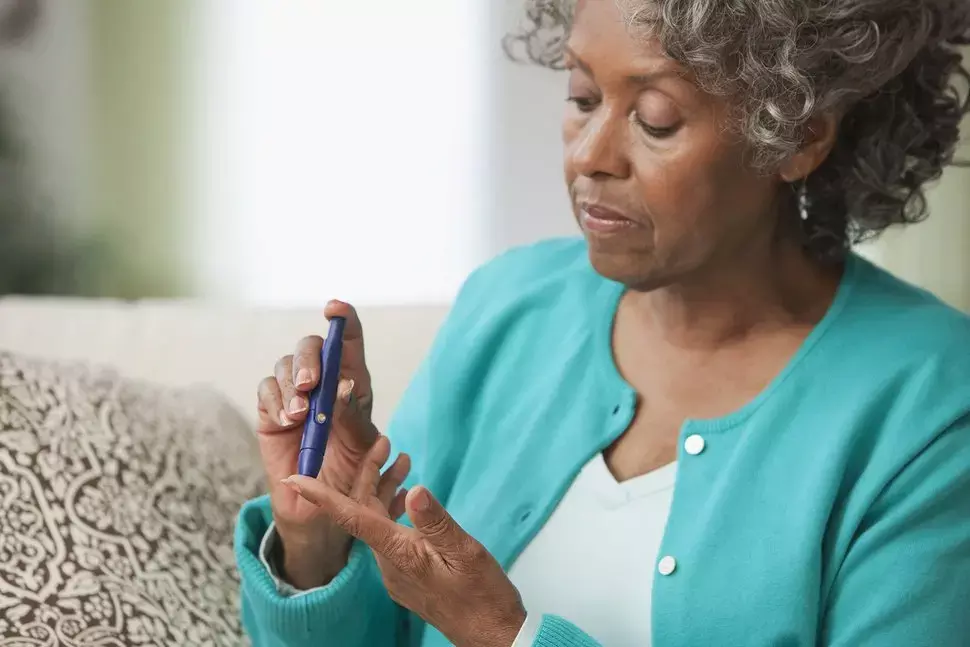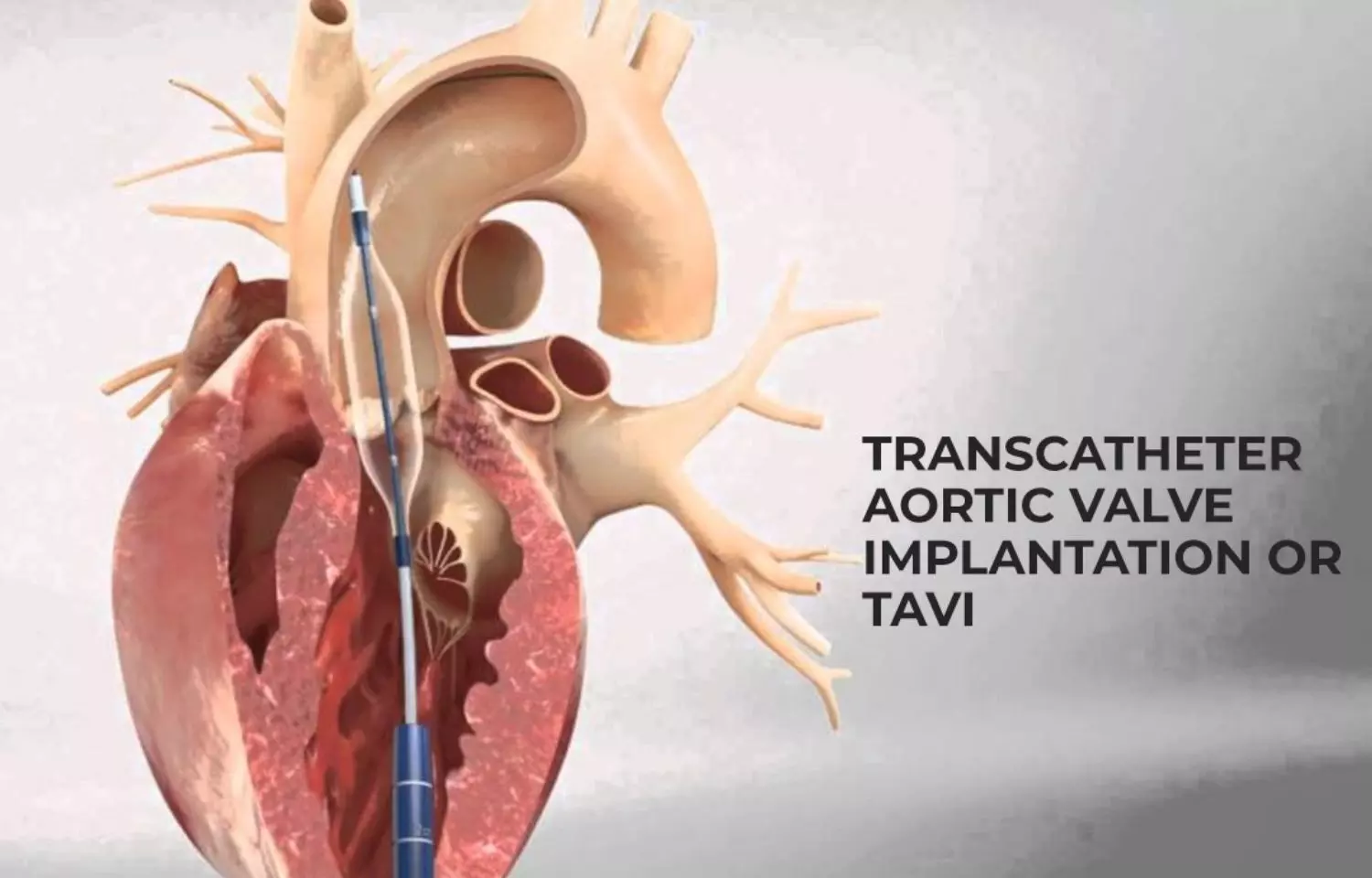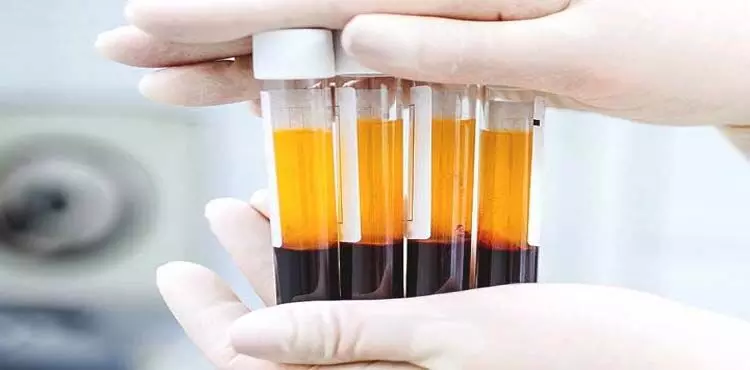- Home
- Medical news & Guidelines
- Anesthesiology
- Cardiology and CTVS
- Critical Care
- Dentistry
- Dermatology
- Diabetes and Endocrinology
- ENT
- Gastroenterology
- Medicine
- Nephrology
- Neurology
- Obstretics-Gynaecology
- Oncology
- Ophthalmology
- Orthopaedics
- Pediatrics-Neonatology
- Psychiatry
- Pulmonology
- Radiology
- Surgery
- Urology
- Laboratory Medicine
- Diet
- Nursing
- Paramedical
- Physiotherapy
- Health news
- Fact Check
- Bone Health Fact Check
- Brain Health Fact Check
- Cancer Related Fact Check
- Child Care Fact Check
- Dental and oral health fact check
- Diabetes and metabolic health fact check
- Diet and Nutrition Fact Check
- Eye and ENT Care Fact Check
- Fitness fact check
- Gut health fact check
- Heart health fact check
- Kidney health fact check
- Medical education fact check
- Men's health fact check
- Respiratory fact check
- Skin and hair care fact check
- Vaccine and Immunization fact check
- Women's health fact check
- AYUSH
- State News
- Andaman and Nicobar Islands
- Andhra Pradesh
- Arunachal Pradesh
- Assam
- Bihar
- Chandigarh
- Chattisgarh
- Dadra and Nagar Haveli
- Daman and Diu
- Delhi
- Goa
- Gujarat
- Haryana
- Himachal Pradesh
- Jammu & Kashmir
- Jharkhand
- Karnataka
- Kerala
- Ladakh
- Lakshadweep
- Madhya Pradesh
- Maharashtra
- Manipur
- Meghalaya
- Mizoram
- Nagaland
- Odisha
- Puducherry
- Punjab
- Rajasthan
- Sikkim
- Tamil Nadu
- Telangana
- Tripura
- Uttar Pradesh
- Uttrakhand
- West Bengal
- Medical Education
- Industry
Lower parasympathetic activation and Depression linked to poor Glycemic control in diabetics

In patients with Type 2 Diabetes, lower parasympathetic activation and higher depressive symptoms affected the Glycemic control as per a recent study that was published in "Journal of Diabetes and its complications, 2022."
Dysfunctions of the autonomic nervous system (ANS) and comorbidities associated with depression or anxiety are some of the symptoms exhibited by patients with T2 diabetes having poor glycemic control. By using the Heart rate variability (HRV) converted from ECG as the ANS index, researchers from Taiwan conducted a study to explore the association between depression, anxiety, HRV, and glycemic control in patients with type 2 diabetes mellitus.
647 patients with type 2 diabetes mellitus participated in the study. The Patient Health Questionnaire-9 (PHQ-9) and Generalized Anxiety Disorder-7 (GAD-7) questionnaires were given to the patients to assess depression and anxiety symptoms. ECG raw signals were transformed to HRV indices referring ANS activation after collecting them from a 5-min sitting and resting baseline. From the electronic media records other parameters like Blood glucose and lipid profiles including glycated hemoglobin (HbA1c), high-density lipoprotein (HDL), low-density lipoprotein (LDL), and triglyceride were obtained.
Results:
- Of the total, 99 (15 %) participants had depressive symptoms and 59 (9 %) had anxiety symptoms.
- Depression and HbA1c were negatively correlated with parasympathetic activation and Depression and anxiety were positively correlated with sympathetic activation.
- After controlling for demographic data and lipid profiles, depression was a significant positive predictor for HbA1c levels; and HRV indices (lnLF and lnHF) were the significant negative predictors for HbA1c levels.
- Mediation effect analysis showed that depression was a mediator between parasympathetic activation and glycemic control.
Thus from the study, the researchers concluded that in patients with type 2 diabetes mellitus lower parasympathetic activation and higher depressive symptoms may affect glycemic control. They also suggested further testing on glycemic control using intervention programs that increase parasympathetic activities and reduce depression.
For the full article, click here: https://doi.org/10.1016/j.jdiacomp.2022.108264
BDS, MDS
Dr.Niharika Harsha B (BDS,MDS) completed her BDS from Govt Dental College, Hyderabad and MDS from Dr.NTR University of health sciences(Now Kaloji Rao University). She has 4 years of private dental practice and worked for 2 years as Consultant Oral Radiologist at a Dental Imaging Centre in Hyderabad. She worked as Research Assistant and scientific writer in the development of Oral Anti cancer screening device with her seniors. She has a deep intriguing wish in writing highly engaging, captivating and informative medical content for a wider audience. She can be contacted at editorial@medicaldialogues.in.
Dr Kamal Kant Kohli-MBBS, DTCD- a chest specialist with more than 30 years of practice and a flair for writing clinical articles, Dr Kamal Kant Kohli joined Medical Dialogues as a Chief Editor of Medical News. Besides writing articles, as an editor, he proofreads and verifies all the medical content published on Medical Dialogues including those coming from journals, studies,medical conferences,guidelines etc. Email: drkohli@medicaldialogues.in. Contact no. 011-43720751




